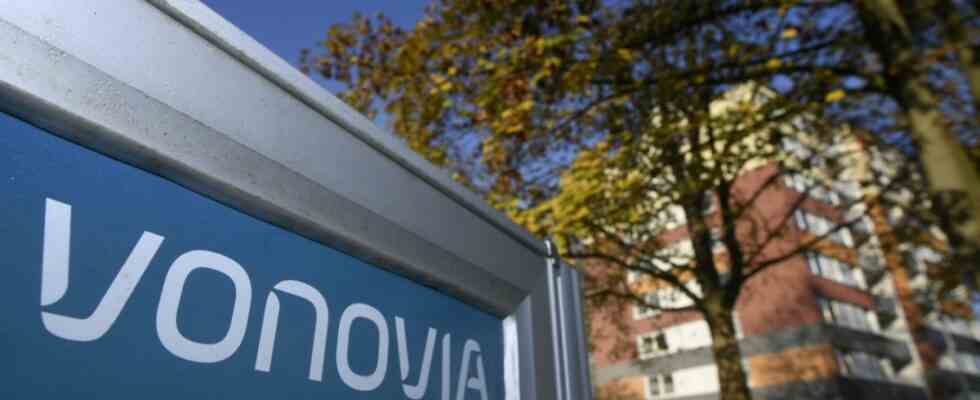Actually, they only knew one goal at the group, which is now called Vonovia: to grow. Within just two decades, old railway workers’ housing, workers’ housing estates in the Ruhr area and former state housing in West and East became Europe’s largest landlord. In total, Vonovia currently holds almost 550,000 apartments, almost 490,000 of them in Germany, primarily in North Rhine-Westphalia and Berlin. But the times of rapid growth are over for the time being.
There shouldn’t be any new acquisitions for the time being – on the contrary, Vonovia now wants to get rid of real estate. The Dax group plans to sell apartments and apartment buildings worth around 13 billion euros in the coming years, it said when the half-year figures were presented on Wednesday. The money is primarily intended to pay off loans. “In times of higher interest rates, it makes sense to reduce debt,” said CEO Rolf Buch.
Vonovia wants to sell a good 40,000 apartments in addition to sales that are already planned. In which cities and at which locations exactly is not yet clear, said a spokesman. However, these are primarily properties outside of the districts that the group intends to focus on developing. The properties should be brought to the market over the coming years as the opportunity arises.
Profits are up, but the stock has fallen significantly
Vonovia boss Buch has been under pressure from investors for months, since the beginning of the year the Vonovia share has lost almost 35 percent in value – significantly more than the Dax and also more than other real estate companies. In view of the rapidly increasing construction costs and higher interest rates, Buch is now changing course. Taking on new equity or fresh loans is “currently not a viable option,” according to a presentation for investors. After the 17 billion takeover of the rival Deutsche Wohnen last year, there will be no further acquisitions for the time being – not even with a view to the badly hit rival Adler. Vonovia has been the largest shareholder there for almost six months with a stake of a good 20 percent. Buch had originally aimed for a complete takeover – but in the meantime that is “out of the question in the current market environment”. Due to the drastic slump in the Adler share price, Vonovia even had to devalue the stake by around 160 million euros.
Otherwise, however, business was decent for the landlord in the first half of the year. In the first six months, profit from operating business increased by more than a third to a good one billion euros, driven by the Deutsche Wohnen takeover, higher rental income and a low vacancy rate. The share then rose by around 1.3 percent by midday.
Higher upfront payments and cooler heaters
Looking ahead to the coming months, the looming energy crisis in particular could bring new difficulties in the winter. Because if a large number of tenants cannot afford the impending high ancillary costs, Vonovia would be stuck with these costs. In order to save energy, the heating temperatures of the gas heaters should therefore be lowered at night. 55 percent of all Vonovia apartments are heated by gas. In addition, the ancillary cost prepayments would be adjusted on the basis of the annual statement “according to appropriate economic criteria”.
At the same time, Buch supported demands to be able to lower the temperatures even more than before. This is also in the interests of the tenants, who ultimately save on heating costs. “This country can turn down the heating even further,” said Buch. At the same time, the government’s plans for a temporary ban on evictions are supported if tenants cannot pay the heating costs. “However, this must be combined with measures so that financially overburdened households receive appropriate support.”

